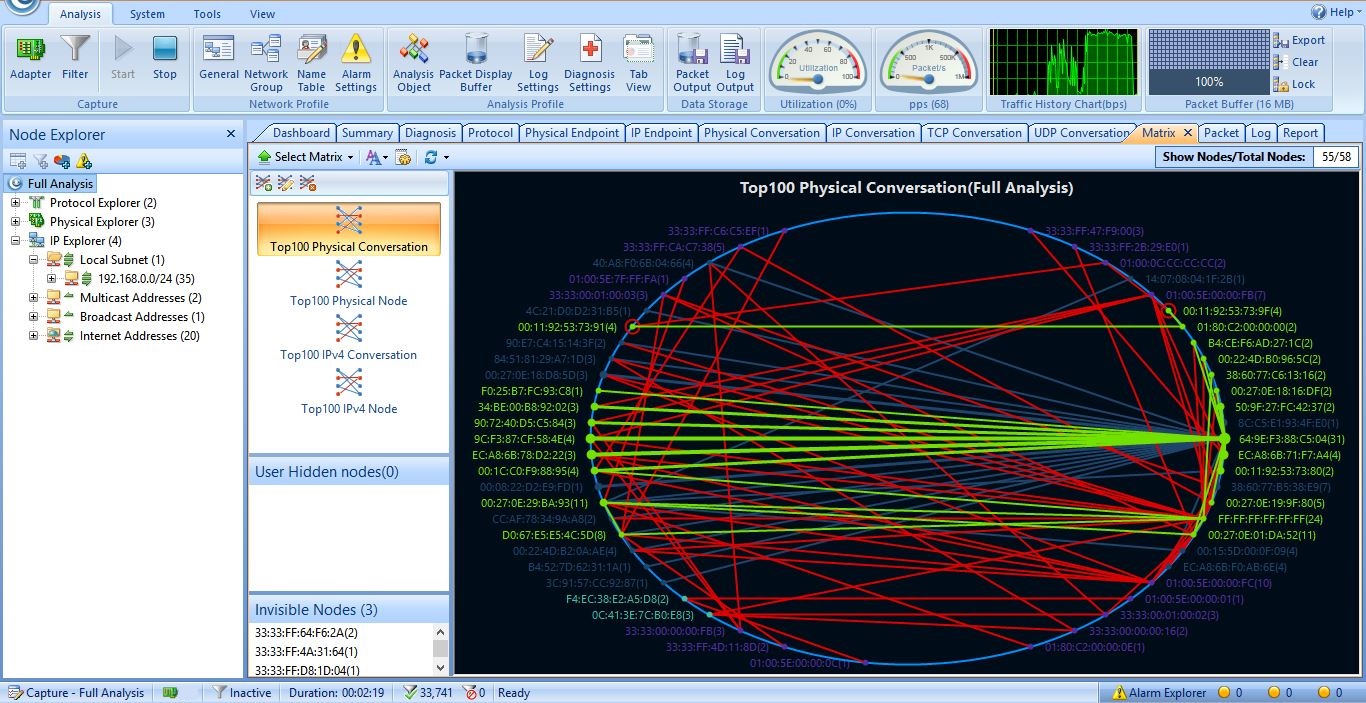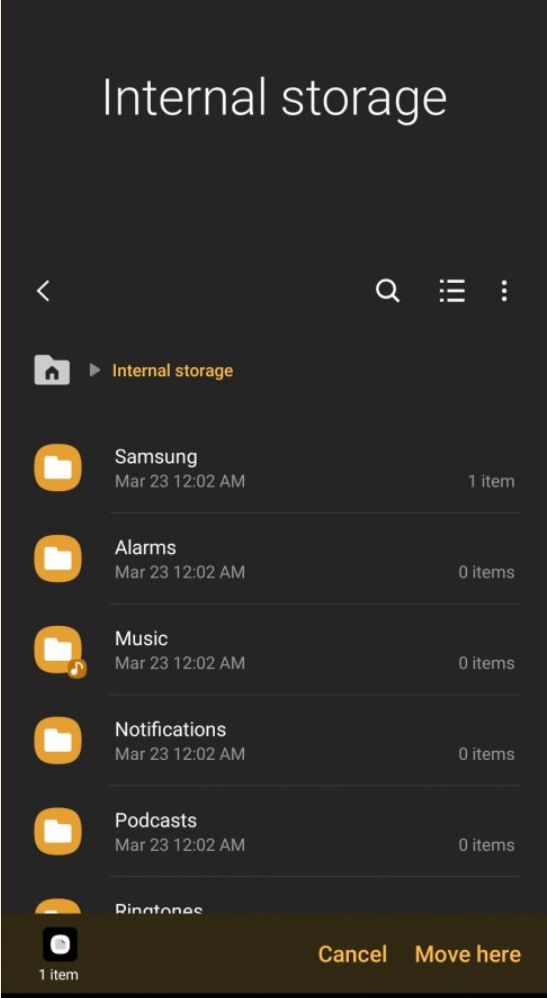

In most cases, VPN providers are cautious about not stealing or losing user data.

The primary goal of VPNs is to keep your data safe and secure. VPN connection tracing is possible, but it would require access to logs or packet sniffing tools, which most VPN providers don't keep. However, it would be pretty hard or almost impossible for anyone to figure out what you are doing online or which websites you are visiting while connected to a VPN service. This can or cannot be an issue depending on your larger context: location, privacy laws in your country or location, etc. What this means is that your internet service provider or even government agencies know that you are connected to a VPN service.Įven when you use your own private VPN server, one can figure out if you are using it as a VPN based on your usage patterns. When you connect to a VPN service, you are assigned an IP from a particular server, that usually belongs to a VPN company or a technology company that is known to be associated with a VPN company. In addition, if you are using a reputable VPN service with strong security features, your data will be safe and secure. VPN traffic monitoring is possible, but in most cases, it is impractical or feasible. A third-party entity would need the logs of the server to determine who was doing what at a given time. In theory, one could monitor the traffic that a VPN server generates, but since in most cases, there are hundreds if not thousands of users using the same VPN server, it is close to impossible to know what user did that. Simply put, all that someone sees you doing is connecting to a specific server. The difference with the VPN traffic is that once you are connected to a VPN server, all your internet traffic will now use that VPN tunnel to access and browse the internet and the traffic between you and the server is encrypted. Can your VPN traffic be monitored?Īll internet traffic can be monitored by various entities - from your ISP, hackers, and even government entities. This is a great way to ensure that your browsing history cannot be accessed by anyone, including the VPN owner. In addition to that, some VPNs run all their operating systems in RAM-only mode, meaning that no logs are ever written to the hard drive because their servers do not use any hard drives. This is because most paid VPN providers have strict policies in place to protect user privacy. However, if you are using a reputable VPN service, the chances of your browsing history being seen by the VPN owner are slim. However, there are a few things to keep in mind. The short answer is yes, the owner of the VPN can see your browsing history and in most cases, they can also associate them back with you. This is the best way to protect your online privacy. While these providers are more difficult to find, they do exist.ĭo your research and pick a VPN provider that has a clear privacy policy and does not track your activity. This type of VPN will keep no logs of your browsing history or any other information.

The best way to protect your privacy is to use a VPN that does not track your activity at all. Get VPN protection from NordVPN, one of the most reliable VPN companies in the world, for just $3.99/month! Get the Deal
#Vpn monitor network traffic free
This is especially true about the free VPN services. Other providers may sell your data to third-party companies for advertising purposes. However, these logs are typically deleted after a certain period. This policy should state exactly what information is being collected and how it is being used.įor example, some VPNs will keep logs of user activity to troubleshoot issues or investigate abuse. If you are concerned about your privacy, it is important to choose a VPN provider that has a clear and concise privacy policy. Some VPN providers keep extensive logs of their users' activity, while others claim to keep no logs at all. It depends on the VPN service you are using. The answer to this question is not a simple one. I only recommend products I've used, and I've found useful. This means I recommend or link to products that I have used, and I may get a commission if you buy through the link on my website (at no additional cost to you).


 0 kommentar(er)
0 kommentar(er)
